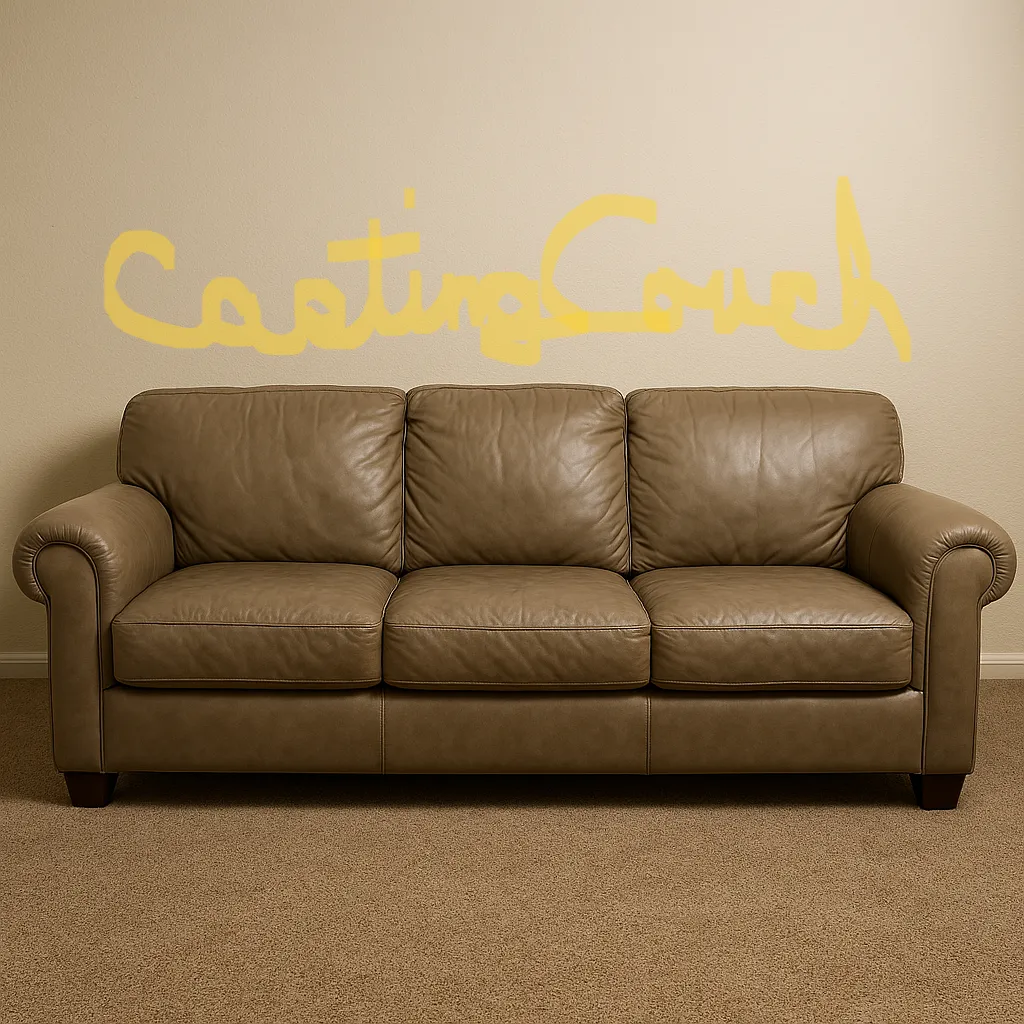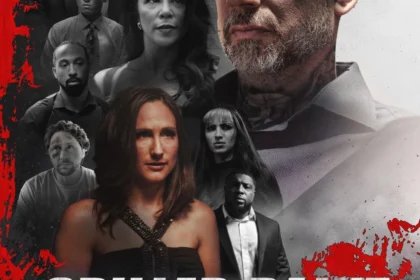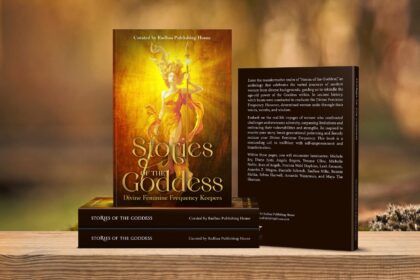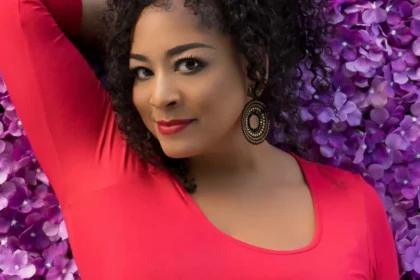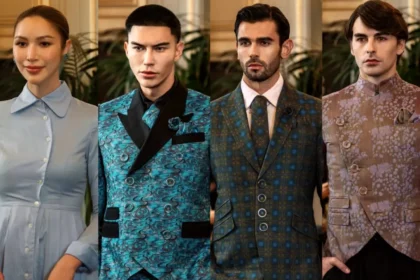By Kadrolsha Ona Carole
For decades, the term casting couch has haunted the corridors of Hollywood—a euphemism for the exploitation of aspiring actors, often women, coerced into sexual favors in exchange for career advancement. Once whispered about in industry circles and satirized in pop culture, the casting couch became a symbol of systemic abuse, power imbalance, and the dark underbelly of fame.
But in the post-#MeToo era, with sweeping reforms and public reckonings, one question remains: Does the casting couch still exist in Hollywood?
️A Legacy of Exploitation
The casting couch isn’t a myth—it’s a documented reality. From the Golden Age of cinema to the 2000s, countless stories emerged of producers, directors, and agents leveraging their positions to manipulate hopefuls. Icons like Marilyn Monroe and Judy Garland spoke of being preyed upon, while others suffered in silence.
The Harvey Weinstein scandal in 2017 shattered the silence. It wasn’t just one man—it was a system. The #MeToo movement, ignited by survivors and amplified by social media, forced the industry to confront its culture of complicity.
️Hollywood’s Reckoning: Progress or Performance?
In response, studios implemented new protocols:
- Intimacy coordinators on set
- Mandatory harassment training
- Anonymous reporting systems
- Public blacklisting of offenders
These measures have undeniably shifted the landscape. More women are in positions of power. More survivors are speaking out. More abusers are facing consequences.
But reform doesn’t equal eradication.
Behind Closed Doors: The New Face of Exploitation?
Sources within the industry suggest that while overt coercion has declined, subtler forms of manipulation persist:
- “Networking” dinners that blur professional boundaries
- Social media DMs from powerful gatekeepers
- Favor-trading disguised as mentorship
The casting couch may no longer be a leather sofa in a producer’s office—it may now be a private message, a hotel bar conversation, or a “friendly” audition follow-up.
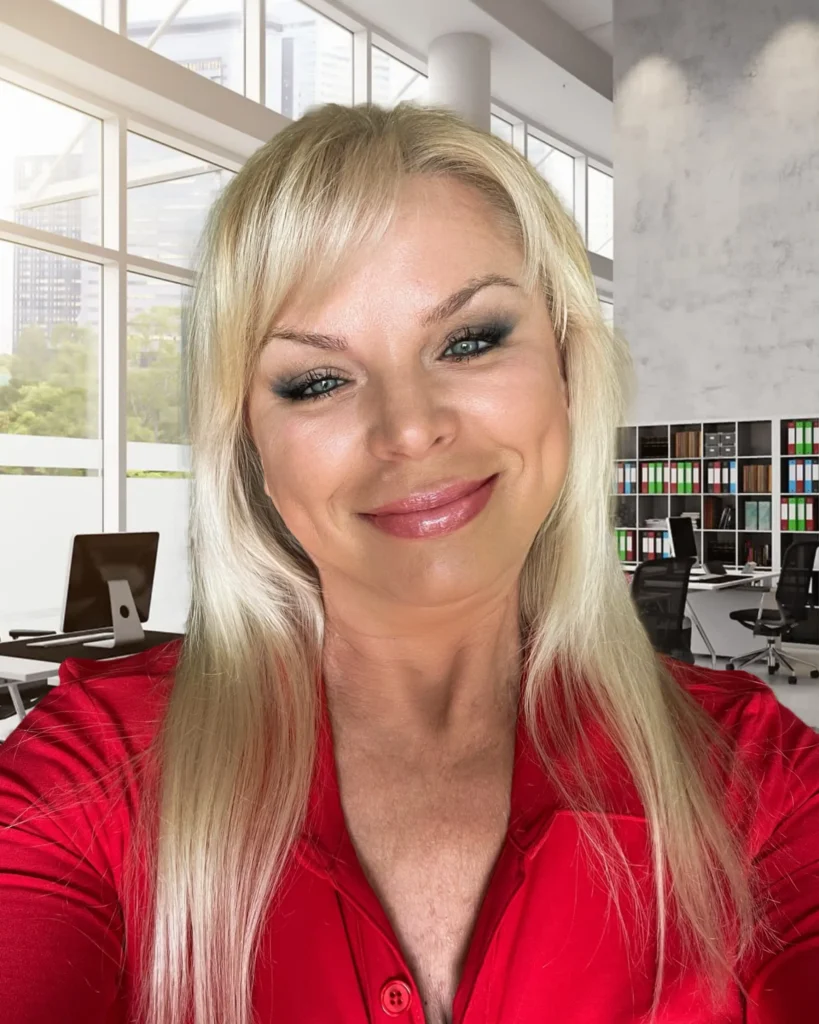
Voices from the Inside
“I was told I was ‘too difficult’ because I refused to meet a director alone,” says one anonymous actress. “They didn’t say it outright, but the implication was clear: play the game or lose the role.”
A talent agent who’s worked in Hollywood for 15 years adds, “It’s not gone. It’s just evolved. The predators are more careful, and the victims are more afraid of being labeled ‘uncooperative.’”
The Power of Exposure
What keeps the casting couch alive is silence. What dismantles it is exposure.
Independent media, whistleblower platforms, and empowered artists are reshaping the narrative. Documentaries, podcasts, and investigative journalism are pulling back the curtain. Survivors are no longer just victims—they’re activists, authors, and producers.
So, Does It Still Exist?
Yes—but not in the same form. The casting couch has morphed from a physical object into a metaphor for systemic imbalance. It exists wherever power is abused, wherever silence is rewarded, and wherever ambition is weaponized.
But Hollywood is changing. Slowly, painfully, and imperfectly. And the more we talk about it, the less room it has to hide.
KO’s Take
The casting couch isn’t just a Hollywood problem—it’s a cultural one. It’s about how we define success, how we protect the vulnerable, and how we hold power to account.
As long as there are dreams, there will be dreamers. And it’s our collective responsibility to ensure those dreams aren’t exploited.
